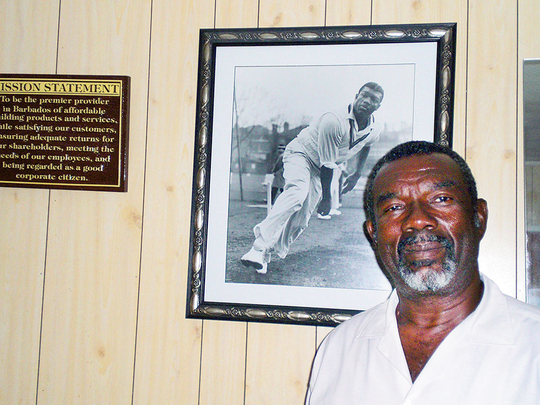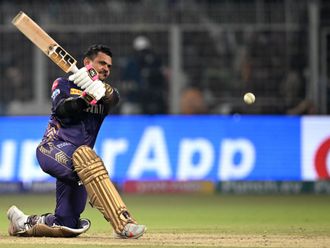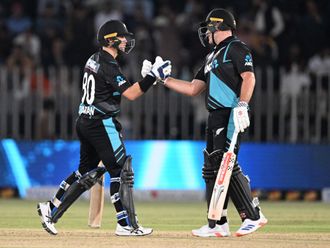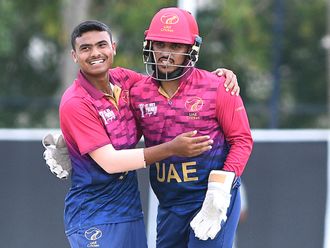
Abu Dhabi: It was the 2007 World Cup in the Caribbean when most of the West Indian greats had joined hands to form a Legends Club and decided any interview would be routed only through the club and — at a cost.
I and another journalist still decided to give it a shot as we were keen to meet former West Indies fast bowler Charlie Griffith: one of the most feared and controversial bowlers of all time. We chanced upon Griffith at his timber company — Barbados Lumber office — where he was the director and sales manager for the past 33 years.
Those who have faced him will agree that his bouncer was his deadly weapon — and the infamous incident of 1962 when it felled the then Indian captain Nari Contractor. No sooner he learnt that we hailed from Contractor’s hometown Mumbai, Griffith’s initial reluctance vanished in no time and what followed was a heartfelt confession.
The tragic delivery still haunted him and Griffith was quick to check on Contractor’s well being. “So how is my good friend Nari doing; is he doing well now?” And as soon as we assured he was doing well, pat came the reply with a long sigh.
“I am happy to hear that he is still active and coaching. Pass on my message and give my regards to him that I am very glad to hear he is doing well and doing a capable and fine job as coach,” said Griffith, adding that, Contractor messaged him occasionally.
“It wasn’t a bouncer and Nari would tell you that. He ducked into the ball; that was what really happened. It was an unfortunate thing to happen but I’m glad that the operation was successful and he is still alive; that was in 1962.
“I haven’t seen him since. Has he put on weight or has he remained the same? Is he drinking beer or no?” inquired Griffith, adding that he had no intention to knock down Contractor.
“I haven’t injured anybody. Probably, he was the first to be struck that way. No bowler goes out to bounce and injure any batsman. You try to bowl surprise balls and surprise the batsman, get a rising ball and get the batsman to play a shot and get out,” notified Griffith, a sentiment that would be echoed by Sean Abbott after the shocking death of Australian batsman Phil Hughes.
Griffith, too, was traumatised by that, and it took him long to recover. “Oh ya, I was quite disturbed by it. In fact, I nearly gave up cricket. But probably if that had not happened, you would have never heard of Charlie Griffith. It’s something that is really a part of your body, your soul. The Almighty gave me the strength and courage. The captain, my friends and teammates helped me get over it,” said Griffith, who figured in 29 Tests for West Indies and claimed 94 wickets.
Griffith, who bowled in tandem with the legendary Wes Hall in the 60s, felt that helmets have taken away the genuineness of the game. “After batsmen started wearing helmets, the coordination and mobility of the batsmen is not as good. They don’t get behind the ball and take their eyes off the ball, they got so much protection that they don’t move. That is a loss of the game,” he added.












